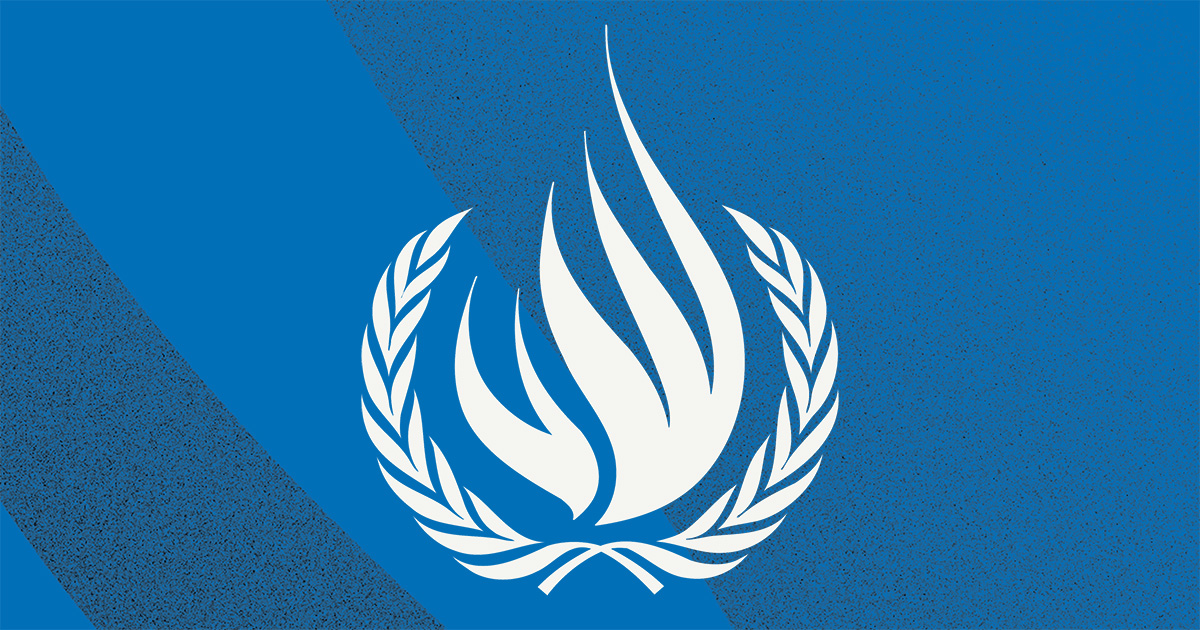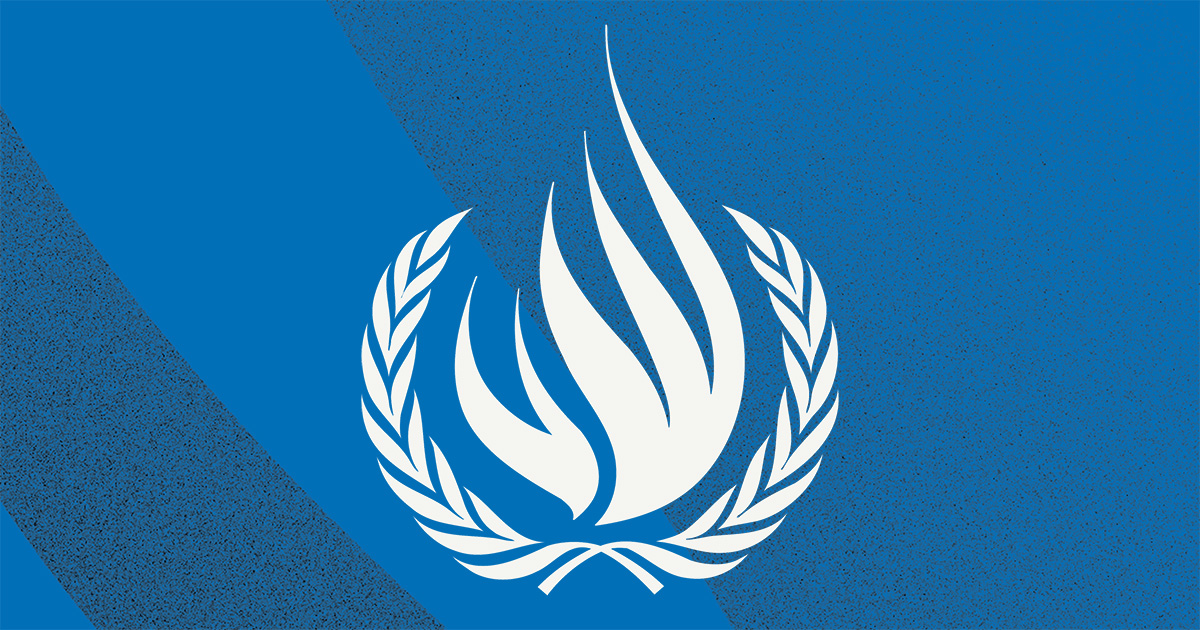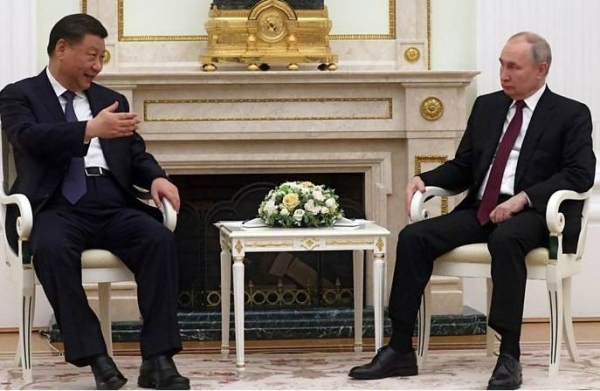
GENEVA (16 May 2022) – A UN human rights expert today called on the international community to step up its support for Ukraine’s own investigations into alleged war crimes and crimes against humanity committed in the context of the armed attack by the Russian Federation, saying it is crucial that all investigators work closely together and in compliance with international standards of forensic best practice.
The Special Rapporteur on extrajudicial, summary or arbitrary executions, Morris Tidball-Binz, welcomed the progress made so far by the Office of the Prosecutor General of Ukraine in its work to ensure that perpetrators of violations of human rights law and violations of international humanitarian law are brought to justice.
“I also welcome the swift mobilisation of the international community in setting up different mechanisms and launching initiatives to investigate, collect, document and preserve evidence of gross violations of international human rights and serious violations of humanitarian law in Ukraine, including unlawful killings, since Russia’s armed attack more than two months ago,” he said.
“These mechanisms can play a key role in supporting the work of the Office of the General Prosecutor, as well as other accountability frameworks, ranging from the International Criminal Court to national prosecutions by the parties to the conflict and in States with universal jurisdiction.
“It is therefore of paramount importance that the Office of the Prosecutor General of Ukraine, which is leading the investigations in the country, receives all the support and resources necessary to ensure the adequate coordination of investigative efforts under its responsibility in Ukraine.”
To achieve progress and deliver tangible results, however, all contributing international mechanisms and initiatives must take into account ongoing national evidence-gathering processes and make sure that national ownership of investigative efforts are duly respected where these efforts are in line with relevant international norms and standards, the UN expert said.
“Without coordination of responsibilities and of efforts between various bodies, there is a considerable risk of overlap and duplication to the detriment of the effectiveness and efficiency of investigations,” Tidball-Binz said. “For example, the identification of deceased persons requires the proper collection, analysis and matching of information, for which centralisation, adequate management and protection are paramount.
“Proper coordination can also prevent the re-traumatisation of victims and witnesses arising from being interviewed multiple times by different investigators, and ensure that interviews fit into the overall investigative strategy.”
Tidball-Binz said all investigations into violations of human rights law and violations of international humanitarian law must conform to international standards, including the UN Principles on the Effective Prevention and Investigation of Extra-legal, Arbitrary and Summary Executions and the Revised UN Manual on the Effective Prevention and Investigation of Extra-Legal, Arbitrary and Summary Executions (the Minnesota Protocol for the Investigation of Potentially Unlawful Death (2016).
“International law requires that investigations be prompt, effective, thorough, independent, impartial and transparent,” he added. “To this end, proper coordination and adequate data management are fundamental requisites, particularly in complex cases, such as those under investigation in Ukraine.”
He said investigations of war crimes and crimes against humanity required multiple areas of expertise and specialised knowledge so that the high volume of sensitive and complex evidence can be adequately collected, documented and securely preserved.
“Within this context, for instance, the identification of human remains and their dignified treatment, including respect for the families of those deceased, is paramount and coordination of efforts to this effect is absolutely essential for adequately resolving cases of enforced disappearances and preventing the dead from becoming missing persons,” he said.
“All stakeholders should therefore comply with applicable international norms and standards. They should communicate and actively coordinate among themselves, to prevent any duplication of efforts but also in the best interest of victims.”
The Special Rapporteur, who is a medico-legal expert, said he stood ready to assist and offer technical advice on these matters.
ENDS










